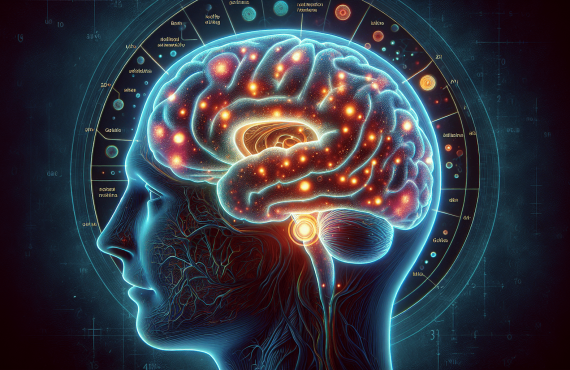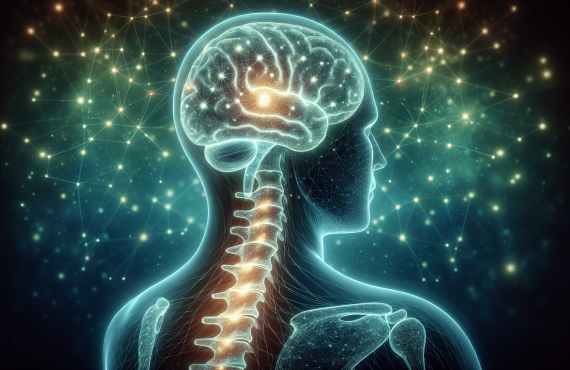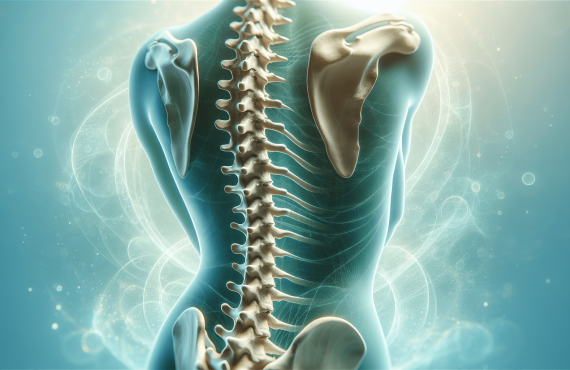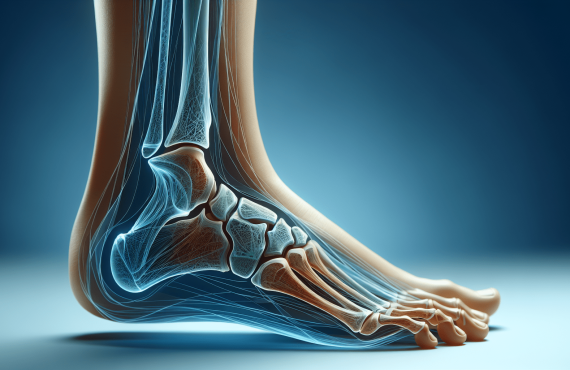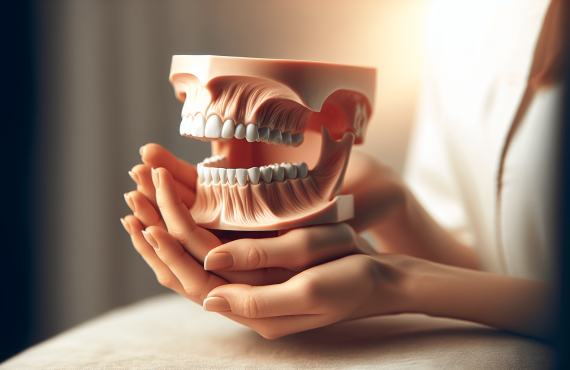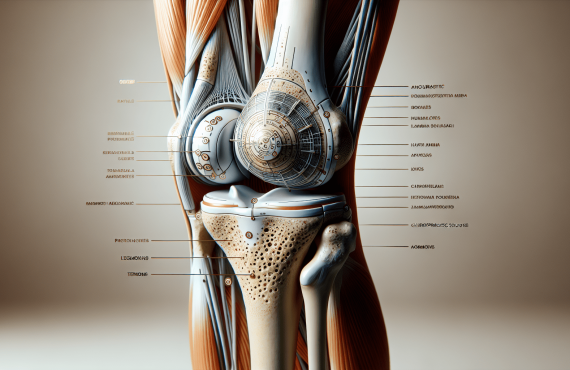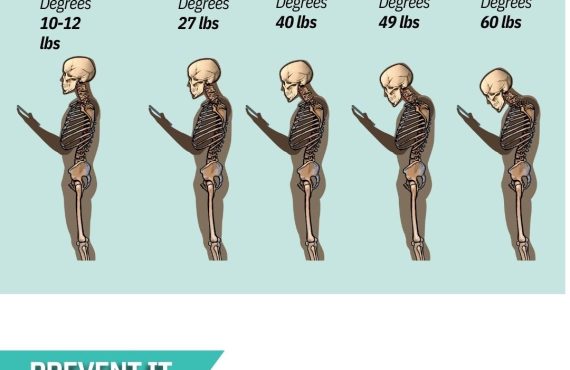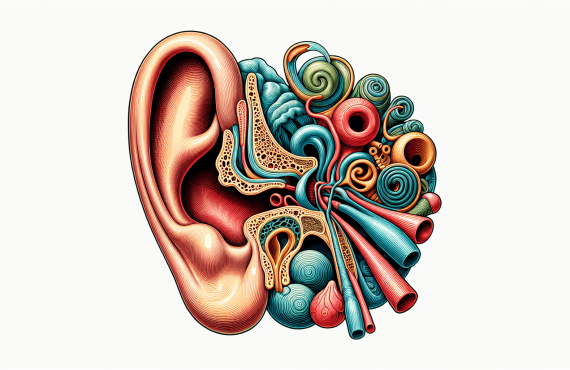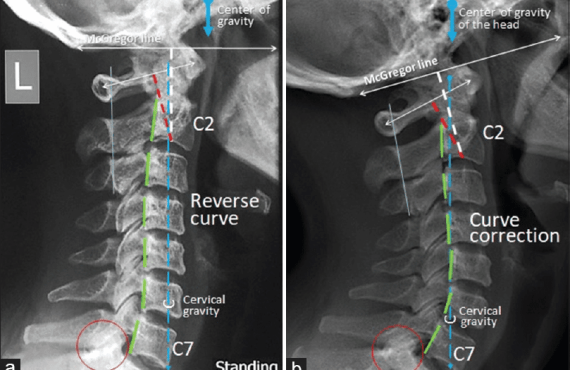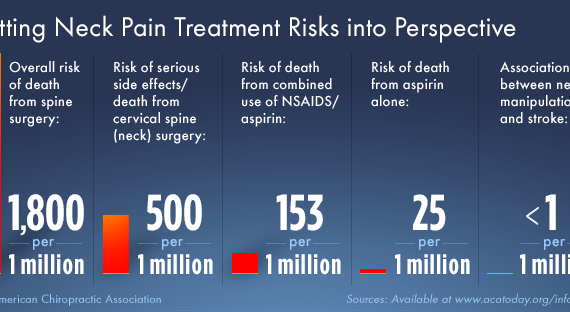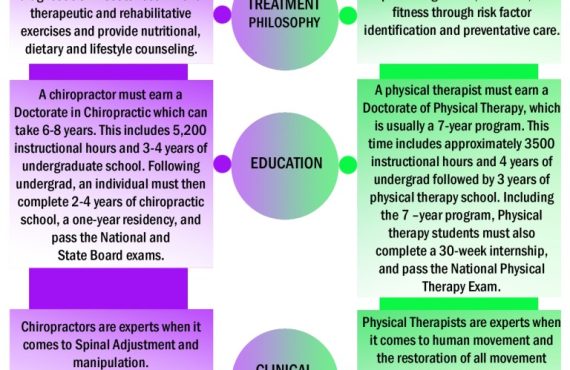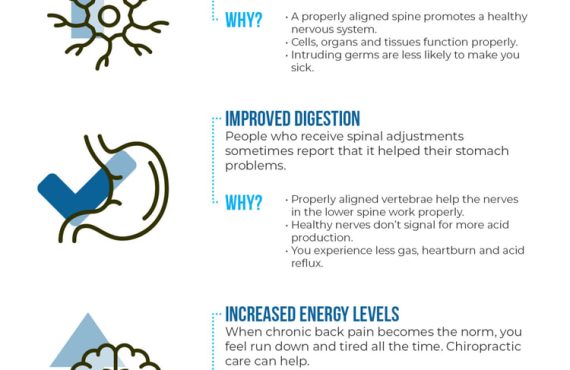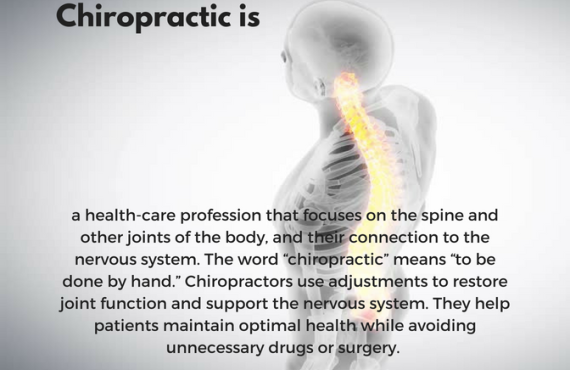Have you ever considered the connection between chiropractic care and mental health? At Henry Chiropractic, owned and operated by Dr. Craig Henry, the focus is not just on physical ailments but also on improving overall well-being. Dr. Henry, along with his colleague, Dr. Aaron Hixon, utilizes various chiropractic techniques to address not only back and neck pain but also to promote mental wellness. With a passion for helping others, Dr. Hixon is trained in techniques such as Myofascial Release and Instrument Assisted Soft Tissue Mobilization, all aimed at improving both physical and mental health. So, if you’re looking to enhance your well-being and experience the connection between chiropractic care and mental health, Henry Chiropractic is the place to go.
Table of Contents
Understanding Chiropractic Care
Chiropractic care is a form of alternative medicine that focuses on the diagnosis and treatment of mechanical disorders of the musculoskeletal system, particularly the spine. The main goal of chiropractic care is to restore the body’s natural ability to heal itself and promote overall wellness. Chiropractors believe that proper alignment of the spine is essential for optimal health and that any misalignments, known as subluxations, can lead to various health issues.
Chiropractic care involves a range of techniques and therapies aimed at relieving pain, reducing inflammation, improving mobility, and enhancing overall well-being. Chiropractors use manual adjustments, spinal manipulations, soft tissue therapies, and other modalities to restore proper alignment and function to the spine and other joints in the body. These techniques help alleviate pain, improve range of motion, and promote optimal nervous system function.
The Impact of Chiropractic Care on Mental Health
The mind-body connection is a well-established concept that recognizes the interconnectedness of physical and mental well-being. It acknowledges that mental and emotional states can influence physical health and vice versa. Chiropractic care can have a significant impact on mental health by addressing the underlying physical problems that contribute to mental health disorders.
Chiropractic adjustments have been shown to have a positive effect on mental health by reducing stress, anxiety, and depression. By correcting misalignments in the spine, chiropractic care can improve nerve function, which in turn promotes better mental and emotional well-being. When the spine is properly aligned, nerve signals can flow more freely, allowing the body to function optimally.
Research has also supported the link between chiropractic care and mental health. Studies have shown that chiropractic adjustments can help regulate the release of stress hormones, such as cortisol, and increase the production of endorphins, which are natural mood enhancers. Additionally, chiropractic care has been found to improve sleep quality, which is crucial for maintaining good mental health.
Conditions Treated by Chiropractic Care
Chiropractic care can effectively treat a wide range of conditions, including those that have a significant impact on mental health. Chronic pain, particularly in the back and neck, can take a toll on a person’s mental well-being. By addressing the root cause of the pain through chiropractic adjustments, individuals can experience relief and an improvement in their overall mental state.
Back pain, in particular, has been closely linked to mental health issues, such as depression and anxiety. The constant discomfort and limitations associated with back pain can lead to feelings of frustration, helplessness, and even isolation. Chiropractic care can help alleviate back pain, restore proper alignment, and improve function, leading to better mental well-being.
Neck pain and stress often go hand in hand. The neck is a common area for tension to build up due to poor posture, prolonged sitting, and other lifestyle factors. Chiropractic adjustments can help relieve tension in the neck, reduce muscle stiffness, and restore proper alignment. By addressing the underlying physical issues, chiropractic care can help individuals manage their stress levels, leading to improved mental health.
Headaches are another condition that can have a significant impact on mental well-being. Chronic headaches can cause irritability, difficulty concentrating, and even mood disorders. Chiropractic care has been found to be effective in reducing the frequency and intensity of headaches by addressing the underlying spinal misalignments and improving nerve function.

Chiropractic Care for Anxiety and Depression
Chiropractic care can play a valuable role in managing anxiety. When the spine is misaligned, it can lead to interference in the nervous system, which in turn can contribute to heightened stress and anxiety. By restoring proper alignment through chiropractic adjustments, chiropractors can help reduce this interference, allowing the nervous system to function optimally.
Depression is another mental health condition that can benefit from chiropractic care. Research has shown that chiropractic adjustments can trigger the release of endorphins, which are known as the “feel-good” hormones. These endorphins help improve mood and reduce feelings of depression. Additionally, chiropractic care can address any underlying physical issues that may be contributing to depression, such as chronic pain or inflammation.
Many case studies and patient testimonials have highlighted the positive impact of chiropractic care on anxiety and depression. Patients have reported feeling more relaxed, experiencing improved sleep, and enjoying an overall sense of well-being after receiving chiropractic adjustments. Chiropractors work closely with their patients to develop personalized treatment plans that address their specific needs and goals.
Chiropractic Care for Stress Management
Stress is a common issue that affects mental health and overall well-being. Constant stress can lead to physical tension, muscle stiffness, and pain, as well as mental and emotional fatigue. Chiropractic care can help individuals manage their stress levels by addressing the physical manifestations of stress in the body.
Chiropractic adjustments have been found to alleviate physical tension and reduce muscle stiffness, promoting relaxation and stress relief. By restoring proper alignment to the spine, chiropractors can help individuals experience better overall body function and improved nervous system regulation, which can help them better cope with stressors.
In addition to spinal adjustments, chiropractors may use other techniques to alleviate stress, such as soft tissue therapies, stretching exercises, and lifestyle recommendations. Chiropractors often take a holistic approach to stress management, addressing not only the physical symptoms but also exploring other factors that may be contributing to stress, such as nutrition, sleep, and exercise.
Chiropractic Care and Sleep Disorders
Sleep disorders can have a significant impact on mental health, as they can lead to fatigue, mood disturbances, and difficulty concentrating. Chiropractic care can play a role in improving sleep quality by addressing spinal misalignments that may be interfering with proper sleep patterns.
Spinal misalignments can cause nerve interference, which can disrupt the body’s ability to enter and maintain a deep level of sleep. By correcting these misalignments through chiropractic adjustments, individuals may experience improved sleep patterns, reduced sleep disturbances, and an overall increase in sleep quality.
Chiropractic care has also been found to have other sleep-related benefits. Studies have shown that chiropractic adjustments can help reduce pain, which is a common cause of sleep disturbances. Additionally, chiropractic care can help alleviate muscle tension and promote relaxation, making it easier for individuals to fall asleep and stay asleep throughout the night.
Chiropractic Care and Post-Traumatic Stress Disorder
Post-traumatic stress disorder (PTSD) is a mental health condition that can develop following a traumatic event. It can manifest in a variety of ways, including intrusive thoughts, flashbacks, nightmares, anxiety, and emotional detachment. Chiropractic care can be used as a complementary therapy to help individuals with PTSD manage their symptoms.
Trauma can have a significant impact on the body and mind, leading to physical tension, nervous system dysregulation, and pain. Chiropractic interventions, such as spinal adjustments and soft tissue therapies, can help release physical tension, restore proper nerve function, and reduce pain associated with traumatic experiences.
Several success stories of PTSD patients benefiting from chiropractic care have been reported. Chiropractic adjustments have been found to help individuals feel more relaxed, sleep better, and experience decreased anxiety and stress levels. Chiropractors work closely with individuals with PTSD to develop personalized treatment plans that address their specific needs and goals.
Chiropractic Care for ADHD and Autism Spectrum Disorders
Chiropractic care can also play a role in managing symptoms associated with attention deficit hyperactivity disorder (ADHD) and autism spectrum disorders (ASD). While chiropractic care is not a cure for these neurodevelopmental disorders, it can help improve overall function and well-being for individuals with ADHD and ASD.
Chiropractic adjustments can help regulate the nervous system, which is often dysregulated in individuals with ADHD and ASD. By restoring proper alignment to the spine and reducing nerve interference, chiropractic care can help improve focus, attention, and behavior in individuals with ADHD. In individuals with ASD, chiropractic care can help reduce physical tension, improve sensory function, and promote a calmer state of being.
Parental perspectives on chiropractic care for neurodevelopmental disorders have been largely positive. Many parents have reported improvements in their child’s behavior, concentration, and overall quality of life after receiving chiropractic adjustments. Chiropractors work closely with parents and their children to develop personalized treatment plans that address their specific needs and goals.
Chiropractic Care as a Holistic Approach to Mental Health
Chiropractic care takes a holistic approach to mental health by addressing the root cause of mental health issues rather than merely treating the symptoms. By focusing on restoring proper alignment and function to the spine and nervous system, chiropractic care aims to promote overall wellness and optimal mental and emotional well-being.
Chiropractors often integrate other holistic therapies and modalities into their treatment plans to complement chiropractic adjustments. This may include nutritional counseling, exercise recommendations, stress management techniques, and other lifestyle modifications. By addressing all aspects of an individual’s health, chiropractic care can promote long-term wellness and help individuals achieve optimal mental health.
Finding a Qualified Chiropractor
When seeking chiropractic care for mental health support, it is essential to find a qualified chiropractor who specializes in addressing mental health concerns. Here are some qualifications to look for:
-
Licensure: Ensure that the chiropractor is licensed to practice in your state and has met all the necessary requirements to legally provide chiropractic care.
-
Experience: Look for a chiropractor who has experience working with individuals with mental health concerns. They should be able to provide case studies or testimonials from patients with similar conditions.
-
Specialization: Some chiropractors have specialized training or certifications in mental health and neurology. Consider seeking out a chiropractor with these additional qualifications.
During a consultation with a potential chiropractor, ask questions to determine if they are a good fit for your specific needs and goals. Some questions to consider asking include:
- What techniques do you use to address mental health concerns?
- How do you approach personalized treatment plans for individuals with mental health issues?
- Can you provide references from patients who have received chiropractic care for mental health concerns?
Finding a chiropractor who specializes in mental health can significantly enhance your treatment experience and outcomes. Consider contacting Henry Chiropractic in Pensacola, Florida, where Dr. Craig Henry and Dr. Aaron Hixon provide chiropractic care services to help improve mental and emotional well-being.
In conclusion, chiropractic care can have a profound impact on mental health by addressing physical issues that contribute to mental health disorders. By restoring proper alignment to the spine and improving nerve function, chiropractic adjustments can help alleviate pain, reduce stress and anxiety, improve sleep quality, and promote overall well-being. If you are seeking a holistic approach to mental health, consider exploring chiropractic care as a complementary therapy to support your mental and emotional well-being.





